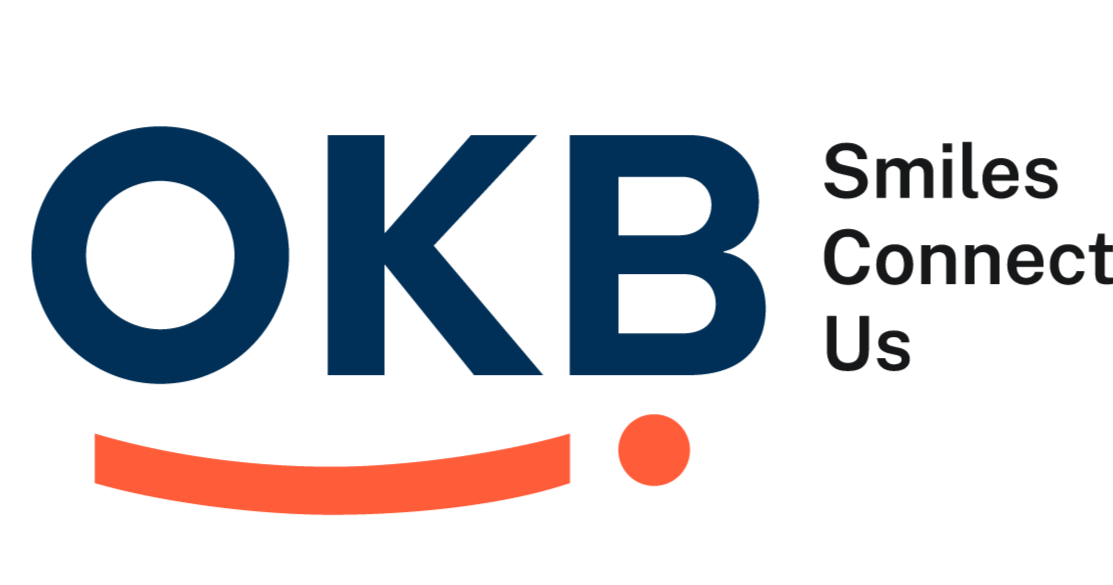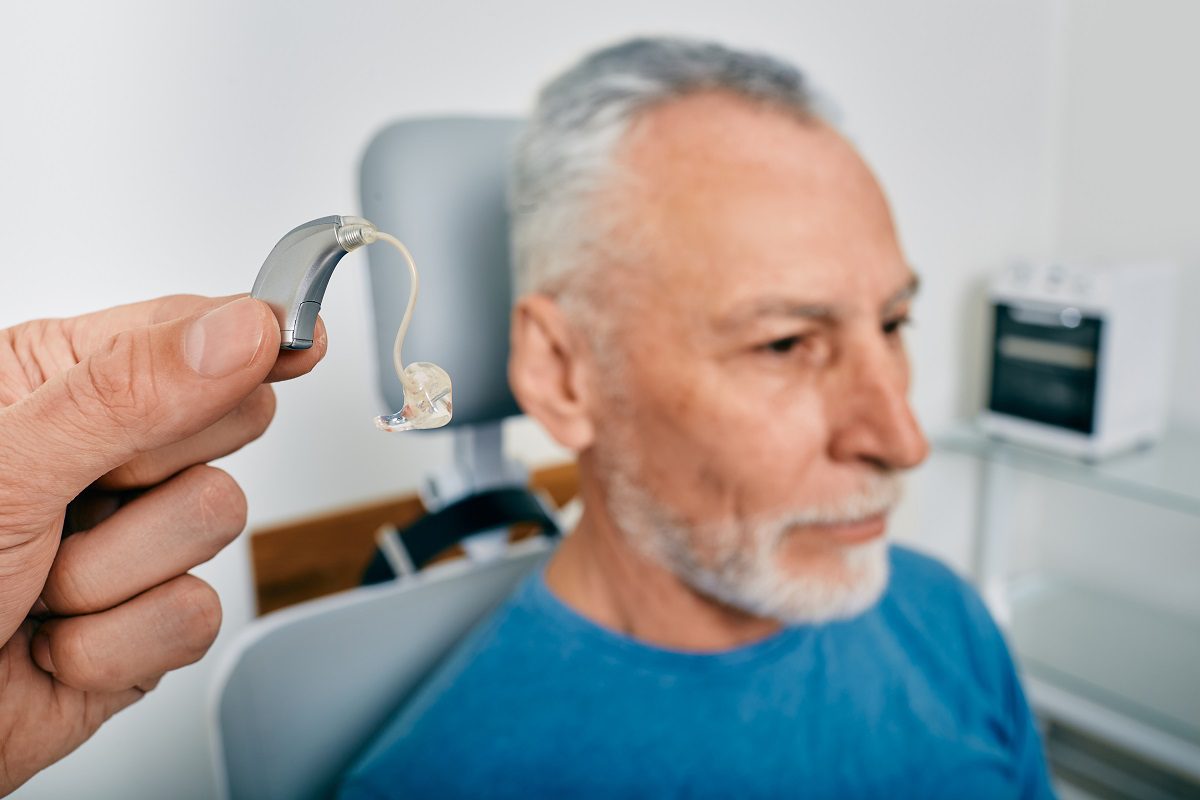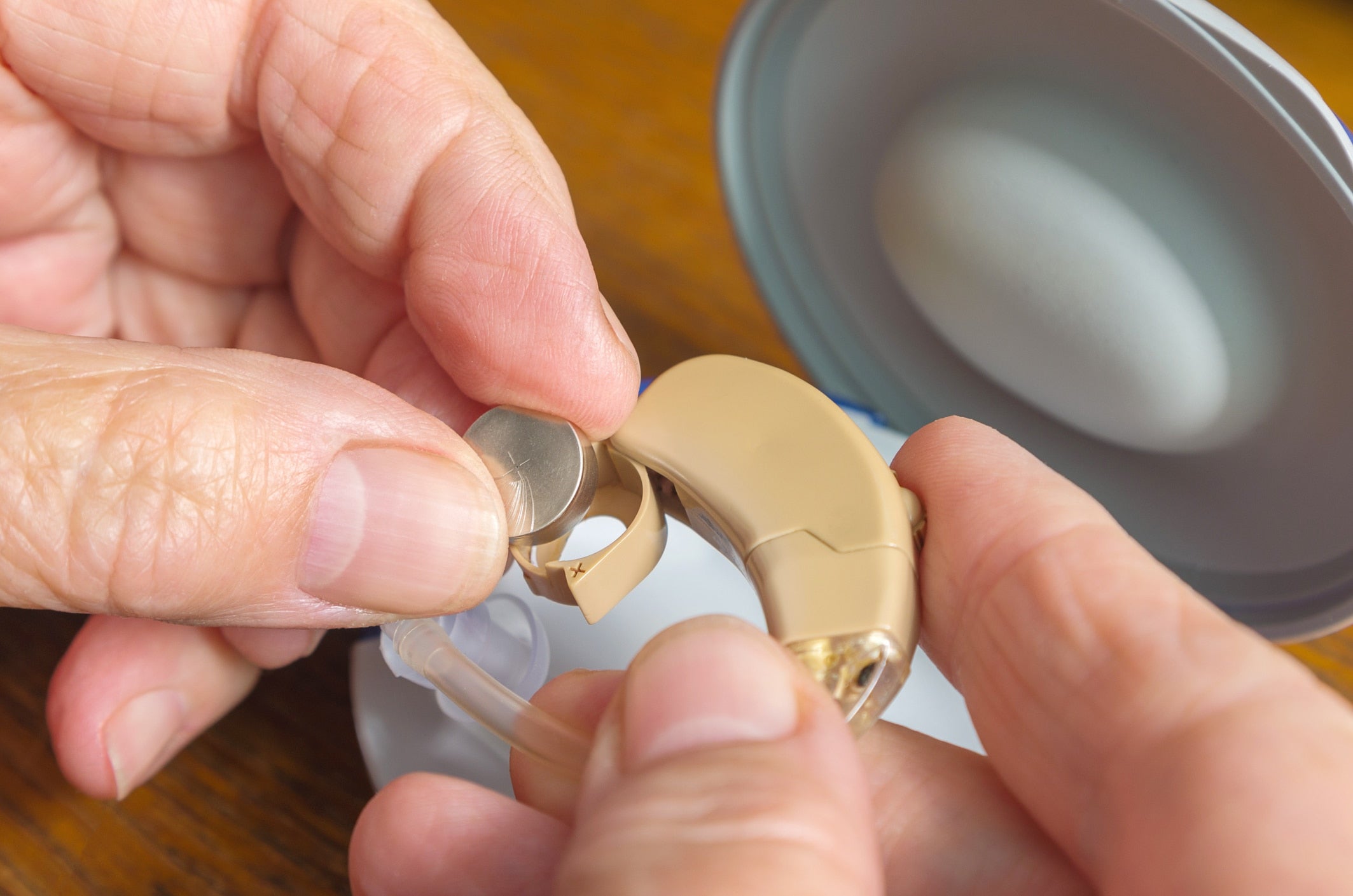When we think about protecting our hearing, we often picture earplugs at concerts or lowering the volume on headphones. But what if your diet could also play a big role? Emerging research shows that certain foods, vitamins, and nutrients support hearing health by protecting the delicate structures of the inner ear, improving blood flow, and reducing the risk of hearing loss as we age.
This Q&A guide explores the best vitamins, minerals, and foods for healthy hearing, supported by science and practical advice.
Quick Answer: The Top Nutrients for Hearing Health
-
Magnesium – protects the inner ear from noise damage.
-
Potassium – helps maintain fluid balance in the cochlea.
-
Zinc – supports immune function and ear health.
-
Vitamin C & E – antioxidants that fight free radicals.
-
Folate & Vitamin B12 – promote nerve health and reduce age-related hearing loss.
-
Omega-3 fatty acids – improve circulation and reduce inflammation.
Now let’s dive deeper into the science and practical food choices.
Q&A Guide: Foods and Vitamins for Better Hearing
Q1. Can My Diet Really Affect My Hearing?
Yes, diet can influence hearing health.
While genetics and age are major factors, nutrition plays a supportive role in preventing or slowing hearing decline. The inner ear relies on healthy blood vessels, nerve cells, and antioxidant protection—all of which are influenced by nutrients.
Research links nutrient-rich diets (like the Mediterranean diet) with lower risk of hearing loss compared to diets high in processed foods and sugar.
Q2. Which Vitamins Are Most Important for Hearing Health?
Let’s break it down:
-
Vitamin A
-
Maintains healthy inner ear cells.
-
Sources: carrots, sweet potatoes, spinach, kale, liver.
-
-
Vitamin C
-
Antioxidant that protects the cochlea from free-radical damage caused by noise or aging.
-
Sources: oranges, kiwi, bell peppers, strawberries.
-
-
Vitamin E
-
Another antioxidant that reduces oxidative stress in ear cells.
-
Sources: nuts, sunflower seeds, avocado, spinach.
-
-
Folate (Vitamin B9)
-
Supports blood flow and nerve function.
-
Low folate = higher risk of age-related hearing loss.
-
Sources: leafy greens, beans, fortified grains.
-
-
Vitamin B12
-
Helps maintain the protective coating (myelin) on auditory nerves.
-
Deficiency linked to tinnitus and hearing decline.
-
Sources: fish, eggs, dairy, fortified cereals.
-
Q3. What Minerals Are Essential for Hearing Health?
-
Magnesium
-
Acts as a natural ear protector against noise-induced damage.
-
Sources: almonds, spinach, pumpkin seeds, bananas.
-
-
Potassium
-
Maintains fluid balance in the cochlea, important for sound transmission.
-
Sources: bananas, potatoes, oranges, avocados.
-
-
Zinc
-
Strengthens immune defenses to fight ear infections.
-
Sources: oysters, beef, pumpkin seeds, lentils.
-
-
Iron
-
Prevents anemia, which is linked to poor circulation and hearing problems.
-
Sources: red meat, spinach, beans, fortified cereals.
-
Q4. Do Omega-3 Fatty Acids Support Hearing?
Yes. Omega-3s improve circulation and reduce inflammation, which helps maintain the health of tiny hair cells in the cochlea.
Studies show that adults with higher omega-3 intake had a lower risk of age-related hearing loss.
-
Best sources: salmon, tuna, sardines, chia seeds, flaxseeds, walnuts.
Q5. Are Antioxidants Important for Hearing?
Absolutely. Antioxidants help neutralize free radicals—unstable molecules that damage cells in the ear, especially after noise exposure.
The key antioxidants for hearing include:
-
Vitamin C
-
Vitamin E
-
Beta-carotene (from Vitamin A)
-
Polyphenols (in green tea, berries, dark chocolate)
Q6. What Foods Should I Eat Daily to Protect My Hearing?
Here’s a simple hearing health grocery list:
-
Fruits & Vegetables: oranges, kiwis, carrots, kale, spinach, broccoli.
-
Proteins: salmon, tuna, chicken, eggs, beans, lentils.
-
Nuts & Seeds: almonds, walnuts, pumpkin seeds, flaxseeds.
-
Whole Grains: brown rice, quinoa, fortified cereals.
-
Beverages: green tea, plenty of water (hydration supports inner ear function).
Q7. Can Poor Nutrition Contribute to Hearing Loss?
Yes. Diets high in processed foods, sugar, and unhealthy fats can:
-
Increase oxidative stress.
-
Narrow blood vessels, reducing circulation to the inner ear.
-
Lead to chronic diseases (diabetes, hypertension) that damage hearing.
Q8. What About Supplements—Do They Work?
Supplements can help if you have a deficiency. For example:
-
B12 injections improve hearing for those with a deficiency.
-
Magnesium supplements may reduce noise-related damage.
-
Omega-3 supplements provide benefits if you don’t eat fish.
But: Food should be the first source, and supplements should only fill gaps after consulting a doctor.
Q9. Can Vitamins Help Tinnitus (Ringing in the Ears)?
Some studies suggest:
-
B12 deficiency is linked to tinnitus.
-
Zinc and magnesium may reduce symptoms.
-
Antioxidants (Vitamin C, E) may help reduce oxidative stress.
However, results are mixed. Tinnitus often has multiple causes, so diet alone may not cure it—but can support overall ear health.
Q10. How Can I Build a Hearing-Healthy Diet Plan?
Here’s a sample one-day plan:
-
Breakfast: Greek yogurt with strawberries, walnuts, and flaxseeds.
-
Lunch: Grilled salmon with spinach and quinoa.
-
Snack: Carrot sticks with hummus, green tea.
-
Dinner: Chicken stir-fry with broccoli, bell peppers, and brown rice.
-
Dessert: Dark chocolate square (rich in antioxidants).
This diet covers all major vitamins, minerals, and antioxidants linked to hearing protection.
FAQs: Diet and Hearing Health
Q: Can eating more bananas really help my ears?
Yes—bananas are rich in potassium, which helps regulate inner ear fluid balance.
Q: Is coffee bad for hearing?
Moderate coffee isn’t harmful, but excessive caffeine may worsen tinnitus for some people.
Q: Should I take a multivitamin for hearing health?
It can help, but focus first on nutrient-rich whole foods.
Q: Are kids’ hearing also affected by nutrition?
Yes—nutrient deficiencies in childhood can affect ear development and long-term hearing.
Conclusion
While no single food or vitamin can “cure” hearing loss, nutrition plays a powerful supportive role in maintaining hearing health.
-
Eat more antioxidants, omega-3s, and B vitamins.
-
Limit processed foods and added sugars.
-
Stay hydrated and maintain good circulation.
Think of your ears the way you think of your heart or brain—organs that thrive on balanced, nutrient-rich fuel. By making smart dietary choices today, you may preserve your ability to enjoy conversations, music, and the world’s sounds for years to come.






Share:
Can Weather (Rain, Humidity, Cold) Damage My Hearing Aids?
Do Hearing Aids Interfere with Fitness Trackers or Smartwatches?